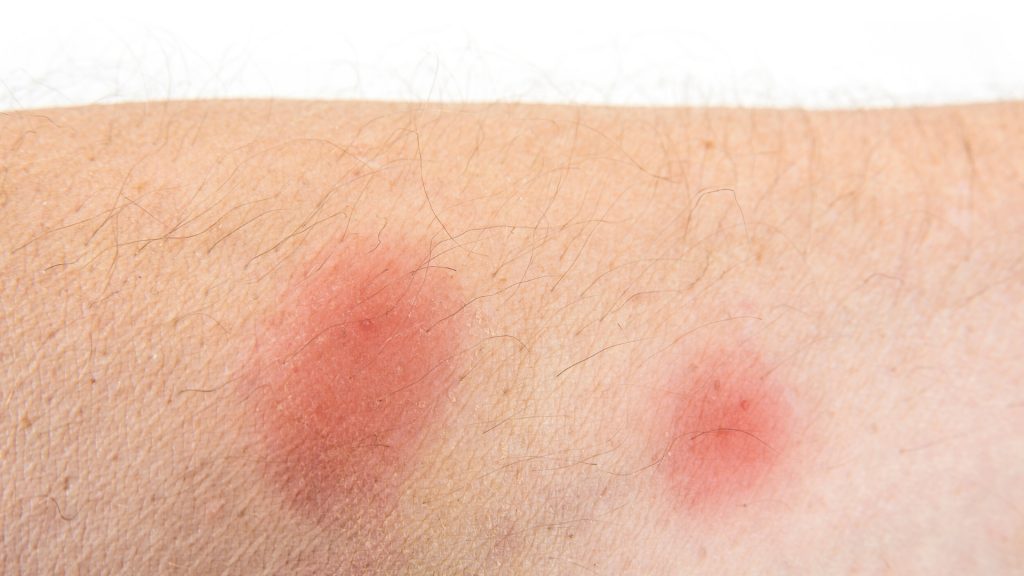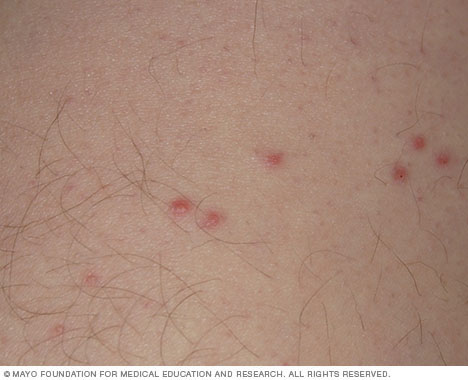

You may have heard that certain blood types are more appealing than others to insects, but the evidence is not there. Why do some people get bit more than other people? If you have reactions off-site-you were bit on the elbow, but your leg is swelling you have hives everywhere you are coughing, dizzy, nauseated, or vomiting you have diarrhea or trouble breathing or you fainted immediately or shortly after the bite or sting-it’s time to call 911. If the bite is getting worse after 24 hours, call your doctor and take photos to record the changes. It’s normal for a bite or sting to swell and itch, which can last up to 48 hours, getting slightly better over time. What’s a sign a bug bite is something more serious?Īs long as the reaction stays localized-around the bite-it's usually not serious. Examples include an allergic reaction or infection that can be life-threatening. If you have a systemic reaction-symptoms beyond the site of the bite-your body is mounting a bigger immune response.

But most of the time, any local reaction to a bug bite says you're functioning normally. What does a bug bite say about your immune system?Įveryone thinks their immune system is off when they see something they have not experienced before: a larger bump, a redder lump, an itchier itch, a stingier sting. If you scratch a bite, it becomes more inflamed, causing more itch, and you increase the potential for infection. Your immune system fights substances in the bug saliva with a variety of mediators, such as histamine, which causes swelling, inflammation, and itchiness.

When bugs bite, they inject saliva, triggering your body to react. We asked Brooks to tell us everything we should know about bugs and their bites. Mosquitoes, ticks, and fleas cause the most bug bites-and carry diseases like West Nile and Lyme disease, which can be serious-so it’s worth trying to avoid bug bites as much as possible. Most bug bites do not cause problems and will resolve on their own, but that doesn’t mean you shouldn’t try to avoid them. “During the summer we provide insects more opportunity to bite," says pediatric allergist and immunologist Joel Brooks, MPH, DO, “and the number of reported cases of disease from mosquito, tick, and flea bites has more than tripled in recent years according to the CDC.” Others can leave you or your child with bacterial infections, parasites, or viruses. Most bug bites (usually from mosquitoes) stop itching after a day or two.
#Bug bites that itch more at night windows
Itching, stinging, and swelling really take the fun out of being outdoors and opening windows in the summer.


 0 kommentar(er)
0 kommentar(er)
